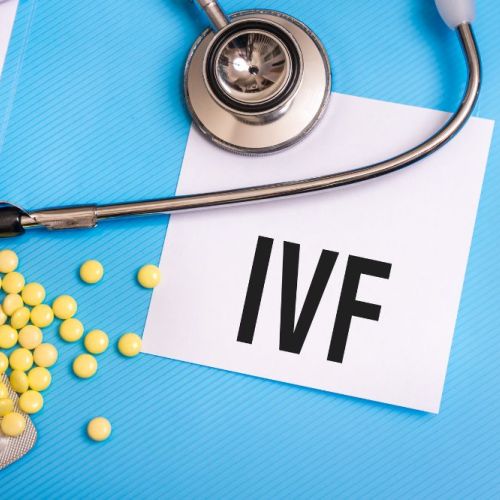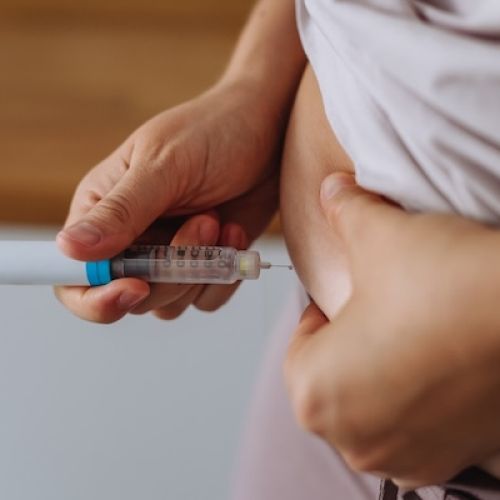Living with PCOS

Polycystic ovary syndrome (PCOS) affects 6-12% of women in the United States. It’s diagnosed during your reproductive years and characterized by high androgen levels, ovarian cysts, and irregular menstrual cycles. Because it’s a hormone issue, many women experience uncomfortable symptoms in many bodily systems, including those that affect appearance and reproduction.
Here at the California Center for Reproductive Health, Dr. Eliran Mor, Dr. Irene Woo, and the rest of our skilled team help you navigate your diagnosis of PCOS and live with the condition. We share some tips to help you manage your symptoms.
Tip 1: Change your diet and activity level
When you have PCOS, it’s easy to gain weight and hard to take off the extra pounds. The high level of male hormones means a lot of this weight piles around your belly.
A healthy diet and more physical activity can help you drop excess pounds and reduce the severity of your symptoms. Focus on lean proteins, veggies, fresh fruits, and whole grains and add in daily exercise – just a 30-minute walk is a good start.
Another benefit of exercise and healthy eating? You may lose some extra weight. If you’re overweight, losing even a small amount of weight may stimulate ovulation, which normalizes your menstrual cycle and means you can possibly get pregnant.
Another benefit of a regular healthy diet and exercise is that your body may use insulin more effectively. Women with PCOS are at greater risk of developing Type 2 diabetes, so everything you can do to avoid that complication is important.
Tip 2: Seek out cosmetic treatments
If you’re bothered by hair growth in areas that aren’t typical for women, such as the chest, stomach, and back, advanced cosmetic treatments can help. We can recommend the best hair-removal products or procedures, such as laser hair removal, so you feel better about your appearance.
If hair growth is really unbearable, we may be able to help by prescribing medications to slow hair growth in unwanted places.
Tip 3: Consider hormonal medications
If you’re not currently trying to get pregnant, birth control pills or other hormonal medications can help you control your menstrual cycles, reduce acne, and lower your androgen levels. Your other options include the patch, vaginal ring, shot, and hormonal intrauterine devices (IUDs).
We can discuss birth control pills and other medications at your next appointment.
Tip 4: Boost your fertility
If you do want to become pregnant, medications that help you ovulate are an option. These medications, such as Clomid, help your ovaries release eggs normally. Other fertility treatments, including in vitro fertilization, are possible, too. We specialize in helping you grow your family, and many women with PCOS go on to have healthy babies.
Trust that our doctors at the California Center for Reproductive Health can help you find a combination of treatments to help you live with PCOS. It cannot be cured, but can be managed successfully so you can live a full life. Call one of our offices in Encino, Santa Monica, Alhambra, Valencia, or West Hollywood, California, for an appointment or schedule your visit online.




